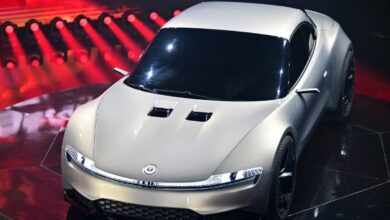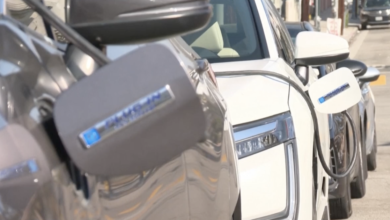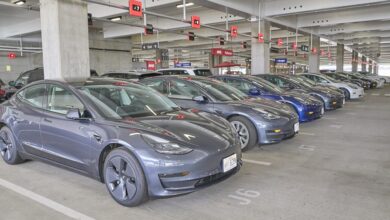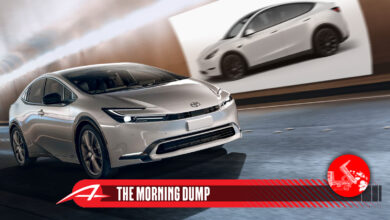Battery specialist Umicore warns on electric vehicle slowdown
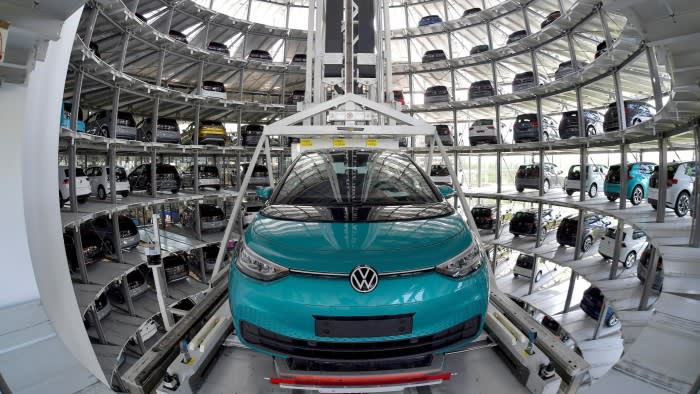
Unlock the Editor’s Digest for free
Roula Khalaf, Editor of the FT, selects her favourite stories in this weekly newsletter.
One of the world’s largest makers of battery materials has warned of a rapid deterioration in demand as the once booming electric vehicle market slows.
Umicore, which makes materials used in cathodes, the most expensive part of an electric vehicle battery, on Wednesday pointed to the “sharp slowdown in the growth of demand for EVs”.
As a result, the Belgium-based company slashed its profit forecast, saying that “2024 volumes for its battery materials could be equal or slightly lower than last year”.
The warning from Umicore, which competes with Germany’s BASF and a number of Chinese and Korean companies, is the latest evidence of how slowing EV sales growth is reverberating across the industry’s supply chain.
“Our short-term outlook in battery materials is clearly disappointing,” said chief executive Bart Sap, who was appointed in May. “We are adapting our pace to this new reality and are taking the necessary actions to navigate the immediate challenges.”
Shares in the Brussels-based company slumped 7 cent on Wednesday to a 10-year low.
With the demand picture weakening, Umicore said its battery materials business would have been lossmaking this year without a one-off €50mn gain related to vehicle recalls, compared with an earlier forecast for €135mn. The company counts Volkswagen and BMW as customers.
The group blamed a scaling back of plans by European carmakers as well as expected volumes from a Chinese manufacturer failing to materialise.
“Over the past weeks, we started to get signals from our customers,” Sap told analysts. “In the past days, unfortunately, it has become clear that the volumes that we had anticipated, especially for the second half of the year of 2024, will not be materialising.”
According to consultancy CRU, global sales of fully electric cars are forecast to grow 21 per cent to 12mn units this year — down from a 28 per cent pace last year, with the slowdown starkest in Europe.
Umicore, which specialises in nickel and cobalt batteries, is also confronting the challenge of Chinese-produced batteries that do not use either material and are cheaper. They do, however, have shorter driving ranges.
“We also see some LFP coming to Europe,” Sap said, referring to the cheaper Chinese lithium iron phosphate technology.
The EU is set to apply additional tariffs of up to 25 per cent on imported Chinese EVs, as Brussels attempts to fend off the wave of imports from Asia’s largest economy.
Shaken by the pullback in demand, Umicore cut its planned capital expenditure this year from more than €800mn to no more than €650mn.
For the group as a whole, Umicore, which also produces catalytic converters for combustion engine vehicle cars, has cut its forecast for earnings before interest, tax, depreciation and amortisation to €760mn-€800mn, down from an earlier prediction of €900mn-€950mn.
